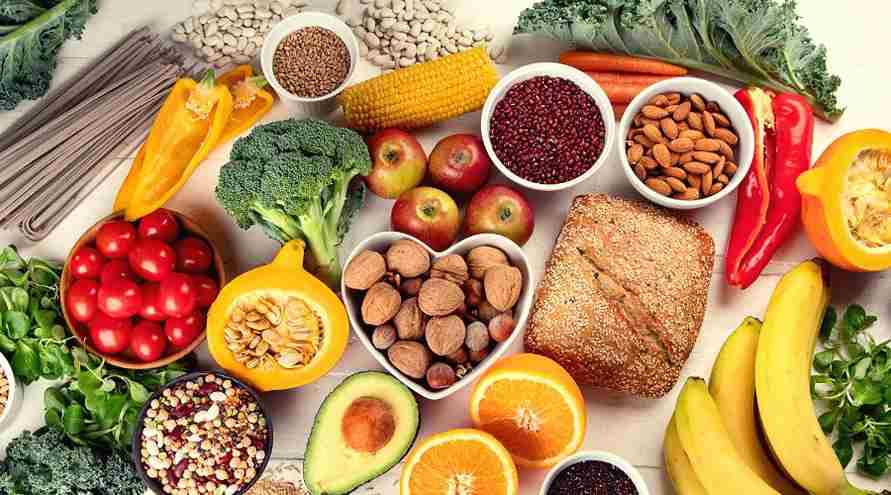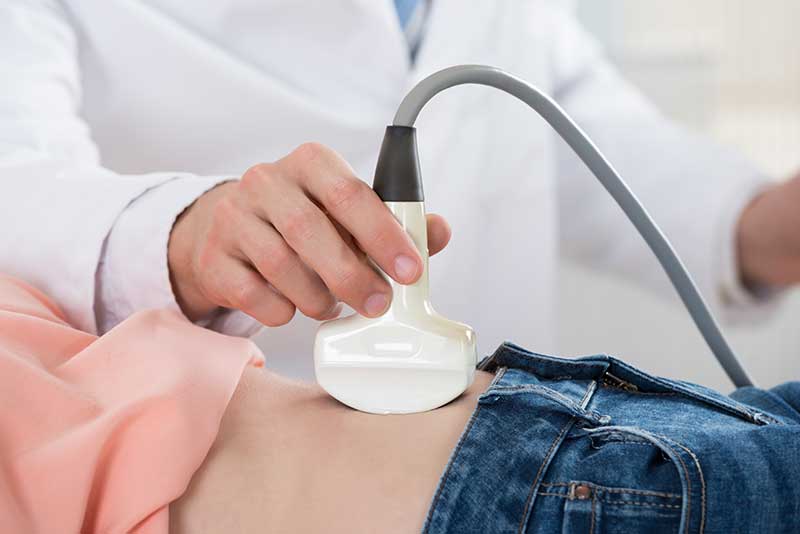10 Best Foods for B12 Deficiency – Must Read
Vitamin B12 is an essential nutrient that plays a crucial role in nerve function, red blood cell formation, and DNA synthesis. A deficiency in B12 can lead to fatigue, weakness, memory problems, and even serious neurological issues if left untreated. Since the human body does not produce this vitamin on its own, it must be obtained from dietary sources. If you’re looking for natural ways to boost your B12 levels, PowPil recommends adding these top 10 foods to your diet to ensure optimal health and vitality.
1. Beef Liver
One of the richest sources of vitamin B12, beef liver provides an impressive amount of this nutrient per serving. Just 3 ounces of cooked beef liver can provide more than 3,000% of the daily recommended intake. Additionally, it is rich in iron and vitamin A, making it an excellent food for overall wellness. If you’re not a fan of liver, consider blending it into recipes like meatballs or pâté.
2. Clams
These small, chewy shellfish are packed with vitamin B12. A single serving of clams can offer over 3,500% of the recommended daily intake. get cenforce to cure ED Clams are also a great source of lean protein, iron, and omega-3 fatty acids, making them a nutritious choice for boosting energy levels and maintaining heart health.
3. Salmon
Salmon is not only a fantastic source of omega-3 fatty acids but also one of the best sources of vitamin B12. A 3.5-ounce serving of cooked salmon provides around 200% of the daily recommended intake of B12. Eating salmon regularly can help with brain function, heart health, and inflammation reduction.
4. Eggs
Eggs, particularly the yolks, contain a good amount of vitamin B12. While they do not provide as much B12 as meat or fish, eggs are an excellent vegetarian-friendly source. They also contain protein, vitamin D, and choline, all of which contribute to brain function and muscle health.
5. Milk and Dairy Products
Dairy products such as milk, cheese, and yogurt are good sources of vitamin B12. One cup of whole milk can provide about 46% of the daily requirement for B12. Cheese, particularly Swiss cheese, has a decent amount of this vitamin as well. If you’re lactose intolerant, consider fortified plant-based milk alternatives that are enriched with B12.
6. Tuna
Tuna is another excellent source of vitamin B12, particularly the darker muscles of the fish. A 3-ounce serving of cooked tuna can supply nearly 150% of the daily recommended intake of B12. It is also rich in lean protein and omega-3 fatty acids, making it a great food for overall health and well-being.
7. Fortified Cereals
For vegetarians and vegans, fortified cereals are one of the best sources of vitamin B12. Many breakfast cereals are enriched with B12 and other essential vitamins, helping to prevent deficiencies. Always check the label to ensure that the cereal you choose has a high percentage of the daily recommended intake of B12.
8. Nutritional Yeast
Nutritional yeast is a popular supplement among vegans because it provides a plant-based source of B12. It has a cheesy, nutty flavor and can be sprinkled over popcorn, pasta, or vegetables. Look for fortified nutritional yeast, as naturally occurring yeast does not contain B12.
9. Chicken
Poultry, such as chicken and turkey, is a great source of lean protein and vitamin B12. A 3-ounce serving of chicken breast provides a moderate amount of B12 while also being low in fat. Including chicken in your diet can help maintain muscle mass and support overall health.
10. Oysters
Oysters are not only packed with B12 but are also rich in zinc, iron, and selenium. Eating just a few oysters can provide your body with the necessary nutrients to support a healthy immune system, brain function, and energy levels.
Final Thoughts
Ensuring that you get enough vitamin B12 is vital for your overall well-being. If you are experiencing symptoms of B12 deficiency, such as fatigue, weakness, or memory problems, it may be time to adjust your diet. Incorporating these 10 foods into your meals can help maintain adequate B12 levels and keep you feeling energized and healthy.
For those who struggle to get enough B12 through diet alone, supplements may be a helpful option. Always consult a healthcare provider before making any dietary changes or starting new supplements. To learn more about nutrition and health, visit PowPil for reliable resources and expert advice.














Post Comment